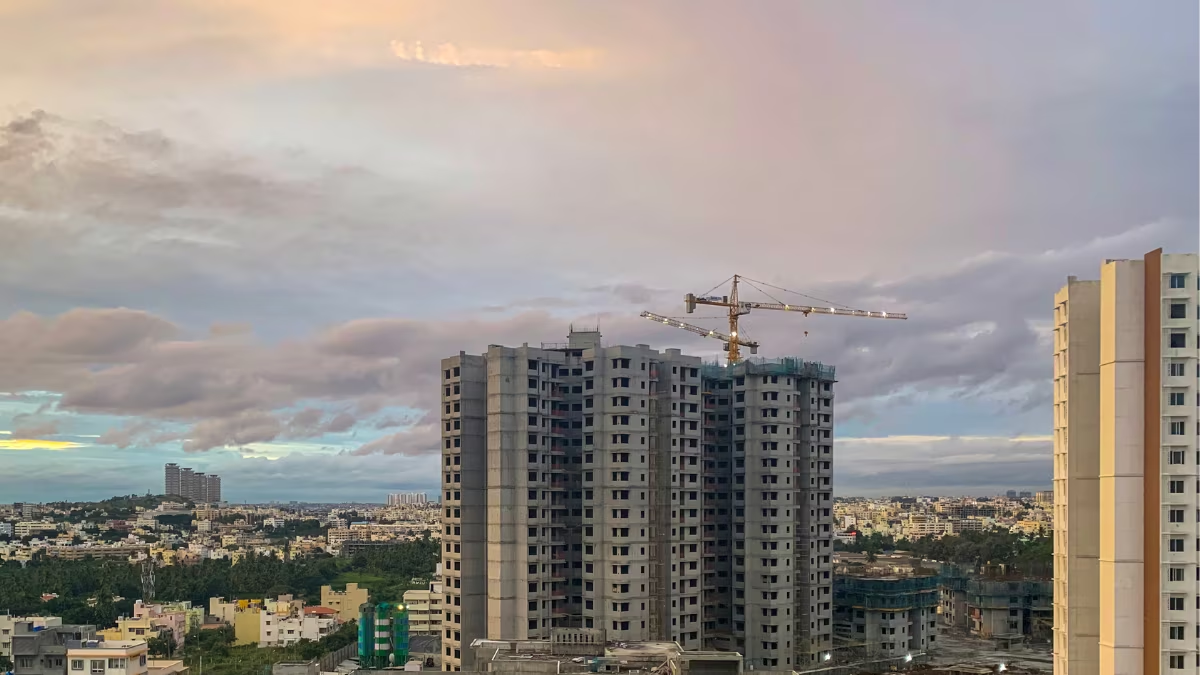The Confederation of Real Estate Developers’ Associations of India – Maharashtra Chamber of Housing Industry (CREDAI-MCHI) has called upon the GST Council to undertake a thorough review of the Goods and Services Tax (GST) structure currently imposed on redevelopment, affordable housing, and rehabilitation projects within the Mumbai Metropolitan Region (MMR).
In its recent appeal to Pramod Sawant, Chief Minister of Goa and a member of the GST Council, CREDAI-MCHI highlighted the severe impact of the current GST framework on the redevelopment landscape. Mumbai, with over 14,000 ageing and dilapidated buildings and 70 lakh residents living in slum areas, is in urgent need of large-scale redevelopment to accommodate its burgeoning population and to enhance living conditions. The organization argues that the existing GST regulations significantly hamper these efforts.
One of the critical concerns raised by CREDAI-MCHI is the absence of an Input Tax Credit (ITC) mechanism, which has escalated construction costs for developers. This, in turn, has led to increased prices for homebuyers, thereby dampening demand in an already slow market. According to Domnic Romell, President of CREDAI-MCHI, “The current GST regime imposes an unjust financial strain on both developers and end consumers, particularly in projects aimed at the rehabilitation of slum dwellers and residents of structurally unsafe buildings.” CREDAI-MCHI’s submission also points to the disproportionate impact of GST on the Transfer of Development Rights (TDR) and calls for a review of the current Rs 45 lakh limit set for affordable housing benefits.
Furthermore, developers are now bearing dual GST costs — an 18% or 12% GST rate without the benefit of ITC on both the rehabilitation and sale components of projects. This has led to an unusual scenario where even slum dwellers and residents of dilapidated buildings, who are entitled to free flats, find themselves paying GST on their new properties. The real estate body has termed this practice as “anti-poor” and contrary to the intended spirit of the GST framework. CREDAI-MCHI argues that this amounts to double taxation, effectively penalising those the policy was originally meant to protect.
In a bid to alleviate these challenges, CREDAI-MCHI has proposed offering developers a choice between a 12% GST rate with ITC or a reduced 5% rate without ITC. This flexibility, they argue, would allow developers to pass on ITC cost savings to homebuyers, thereby stimulating demand and enabling the continued delivery of affordable housing projects at scale. The appeal from CREDAI-MCHI underscores the critical role of the real estate sector in Mumbai’s economic growth, given its significance as one of the largest employers across both organised and unorganised segments. As the city continues to attract top talent and experiences rising housing demand, a reformed and fair GST regime could prove vital in overcoming its geographical limitations and fostering inclusive urban development.


